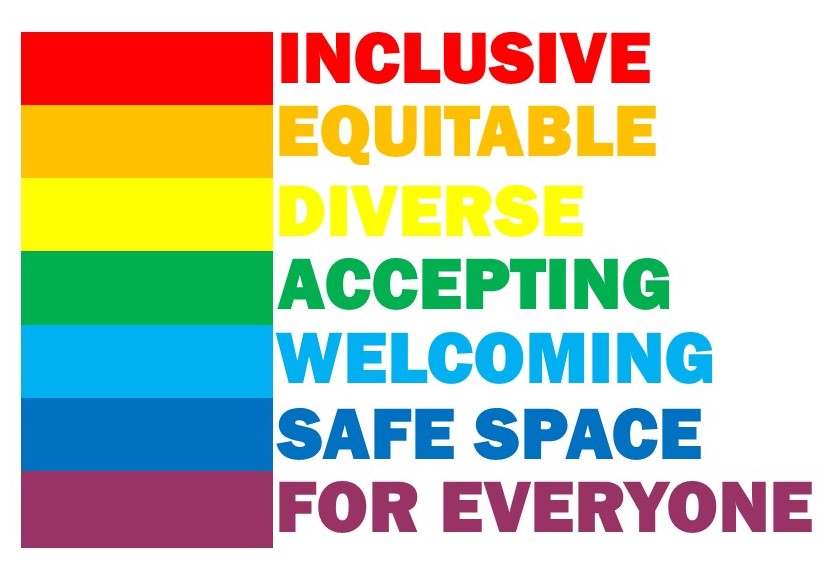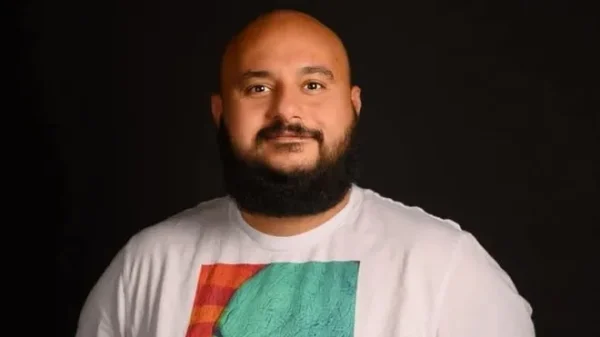A Commentary on Anti-LGBTQ+ Legislation: Sports, School, and Fairness
If you’re even remotely up to date with “the going-ons” at Hunterdon Central, it’s likely that you’ve heard about the recent Board of Education meeting. The Little Theater was bursting with viewers and speakers to the point where it had reached maximum capacity. People had to be herded to the Commons where they could watch the meeting live streamed. In attendance were students, staff, administrators, parents, grandparents, middle schoolers, activists from both sides of the aisle, an author, two pastors, and a rabbi. (It sounds like the beginning of a corny joke, but I can assure you it’s not.) Why on earth would such a caravan of disparity show up to a Board of Ed meeting—willingly, I should add—at 7:00 PM on a Monday? I will tell you why: to either support or argue against LGBTQ+ curriculum. It sounds ridiculous. Haven’t we already made great leaps and bounds towards equality for LGBTQ+ individuals? Yes, but as history usually goes, someone is always there to argue against basic freedoms.
Across the country, LGBTQ+ students are suffering under the hypocritical guise of “protection.” According to Freedom For All Americans, 38 states have at least one piece of legislation related to LGBTQ+ discrimination. In the past two weeks alone, 11 states have either introduced, passed, or approved anti-LGBTQ+ bills to be sent to the next stage to be voted on. Transgender students in particular have been facing the brunt of this legislation for years, whether it be about restrooms, pronouns, or even sports.
Lia Thomas, a transgender swimmer on UPenn’s woman’s team, caused a stir earlier this year when the topic on seemingly everyone’s mind was whether or not transgender athletes should be allowed to play on the team that corresponds with their gender identity. This argument has found its way to high schools across the country. Several states have enacted legislation that would bar students from playing on the team that matches their gender identity, or even participating in school sports at all. In no way do I claim to be an expert in collegiate sports, and I certainly don’t claim to know the ins and outs of the rules. However, I am a varsity high school athlete, and I do claim to know the value of diversity and inclusion on sports teams. What people often fail to realize is that high school sports are simply that: high school sports. For some, it is a livelihood. I understand that, but that doesn’t excuse discriminatory behavior. Sports are about teamwork, positive attitudes, and determination; qualities that inherently do not coincide with bigotry and separation.
Some people claim that transgender athletes have an unfair advantage. They say that transgender women have different hormonal levels, different skeletal structures, and different muscle mass because they were born male. Science has proven, however, that after one year of hormonal replacement therapy, these claims become rather… disproven. Dr. Gregg Bloche, a professor of law at Georgetown University and co-director of the Georgetown-Johns Hopkins joint program in law and public health, makes a wonderful point in his essay from The Hill: “…cultural change off-the-field has no small impact on understandings of athletic fairness. Movement toward gender equity is driving the dissolution of rules differences between men’s and women’s competitions. And growing acceptance of gender identity as subjectively-experienced, not anatomic, is driving change in understandings of which advantages are and aren’t fair when women and men compete separately.” In other words, the argument against trans athletes playing on the team that matches their gender identity is less driven by physical factors and more driven by cultural factors. When surges of anti-LGBTQ+ sentiment spread across the country, the debate is revived. But when the argument stagnates, suddenly it’s off everyone’s radar. It has become just one branch of the culture war being waged by people who have nothing better to do with their time.
Legislation has targeted trans kids in sports, but it has also targeted trans kids in bathrooms and in the classroom. It is becoming increasingly difficult for transgender students in conservative states (especially Florida and Texas) to be accepted and respected in their school environments. Here’s the thing: students— regardless of gender identity—can’t learn effectively if they don’t feel safe at school. But legislators pushing these bills don’t care about that. To them, it isn’t about the quality of education or the safety of these students. It’s about control. Controlling expression, truth, and thought. That’s what’s so terrifying. Who knows how these pieces of legislation will spiral? What will be banned next? What else will they demonize and strip away?
No matter what comes from these pieces of legislation, I can assure the public one thing: LGBTQ+ students and allies will never stop fighting for what is right. The members at the Board of Ed meeting were resoundingly supportive of LGBTQ+ students and their rights. Allies must step it up and continue to advocate for students who are constantly under attack. Together, we can stop these horrific anti-LGBTQ+ laws from ever being enacted.





